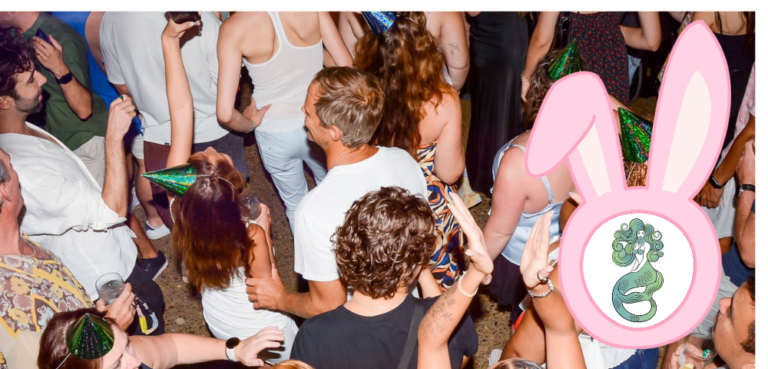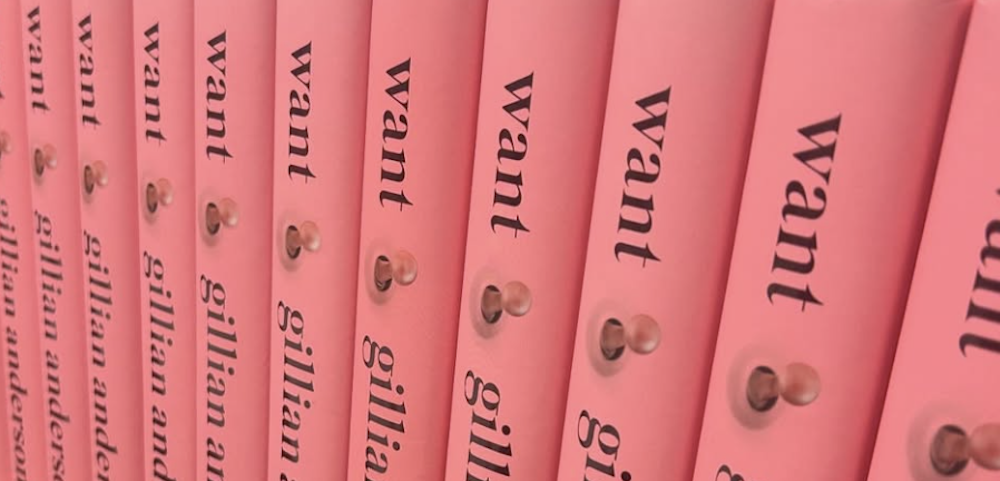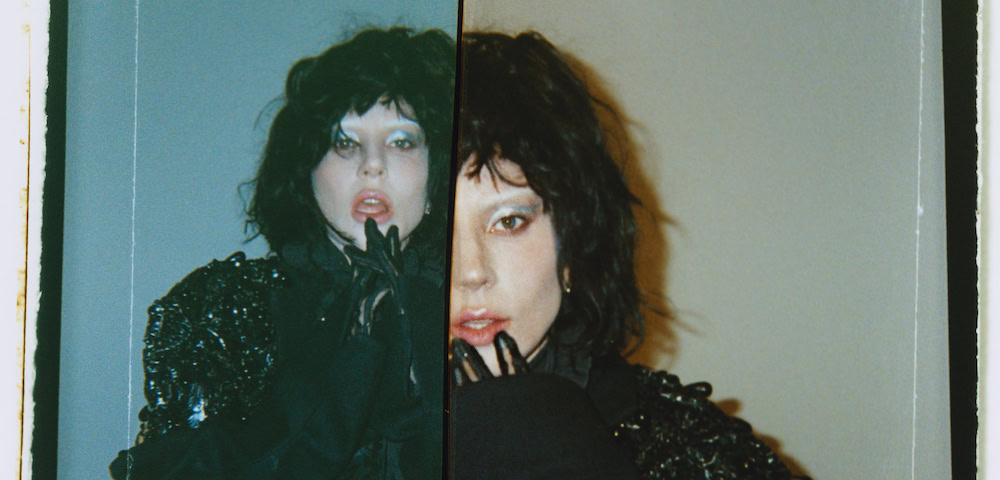
Maia Kobabe’s Controversial Graphic Novel ‘Gender Queer’ To Keep Unrestricted Age Rating After Legal Battles

After years of legal disputes, the Australian Classification Review Board (ACRB) has determined that Gender Queer, the graphic novel memoir by non-binary US author Maia Kobabe, should remain available to the public with an Unrestricted rating.
The unanimous decision by a three-member panel, handed down this week, confirms that the book is “not recommended for readers under 15” but does not meet the threshold for restriction or censorship.
In a statement the board noted that “the Unrestricted classification reflects the publication’s literary, artistic, and educational value, with the consumer advice of ‘M – Not recommended for readers under 15 years’ appropriate to protect younger readers, while ensuring that older teens and adults retain access to diverse and important narratives.”
Anti-gay activist’s long crusade ends in failure, again
The book’s classification had been challenged in 2023 following a complaint by conservative activist Bernard Gaynor, who reported the memoir to Queensland police after seeing it on the shelves of Logan Central Library.
“This is an important step in having this obscene book removed from libraries and, hopefully, completely banned in Australia,” Gaynor is reported to have said.
The book was removed from the library while the ACRB undertook a review, and a bookstore selling the book was asked to remove it from sale. The bookshop went on to pay for the classification process as the book’s importer, rather than write off its stock.
The Board’s first decision on the rating of Gender Queer
In its decision, the Board concluded that while Gender Queer contains depictions of sex and nudity, the content was “not high in impact and is not exploitative, offensive, gratuitous or very detailed”.
Director of the Classification Board Fiona Jolly noted that while “some content … may offend some sections of the adult community”, the classification system does not exist to shield readers from discomfort.
Instead, the consumer advice label of “M – Not recommended for readers under 15” was intended to inform parents and guardians without restricting access.
Gaynor’s subsequent appeal
Gaynor appealed the classification, stating “In a sign of far how far our nation has fallen, I will be arguing that books that depict and promote children in sex acts should remain banned.” However, after receiving over 600 public submissions, the board upheld its previous decision.
In a statement the Board acknowledged that many of the public submissions were based on homophobia rather than the actual content of the book, stating “Overwhelmingly, those in favour of restricting or refusing classification for Gender Queer contained statements that the Board considered to be broadly anti-LGBTQIA+. The Board gave little weight to these submissions as they contained little or no evidence that the writers had read Gender Queer, or that they understood the content within the context of the publication.”
This prompted Gaynor to take his case to the Australian Federal Court. In his decision Justice Ian Jackman stated that the Review Board had described the public submissions as “overwhelmingly anti-LGBTQIA+”, but actually only 11.5% “could possibly be so described”. He ordered the government to pay Gaynor’s costs and Gender Queer to be reclassified, again.
Now finally, on the 22 April, a three-member panel of the Board unanimously determined that Gender Queer should be classified as Unrestricted with the consumer advice ‘M – Not recommended for readers under 15 years’.
Gender Queer: The most banned book in America
First published in 2019, Gender Queer is reported to be one of the most banned books in the United States. By 2023 it had faced 106 challenges and been banned in 56 school districts.
In Australia in 2024, Gender Queer was the subject of 11 out of the 16 complaints to the Australian Classification Board in the category of publications.
In 2023, One Nation and Liberal senators called for an inquiry into Australia’s current classification system for books and publications, with Pauline Hanson specifically calling out books related to “alphabet people”.
In 2024, Cumberland City Council in Sydney banned – and then unbanned – books about same-sex parenting and Port Macquarie Hastings Council debated a motion to ban LGBTQIA+ books from its libraries.
While some see this as the result of a conservative American influence, others point to Australia’s long local history of censorship.
“We have a long history of Christian associations and churches organising to ban books,” researcher Nicole Moore told Radio National.
Gender Queer, a coming-of-age memoir about gender and sexuality, revealed “some models of Christian understanding that are perhaps narrow in their models of how people should live and how books should express the ideas of gender identity and sexual expression”.










Leave a Reply